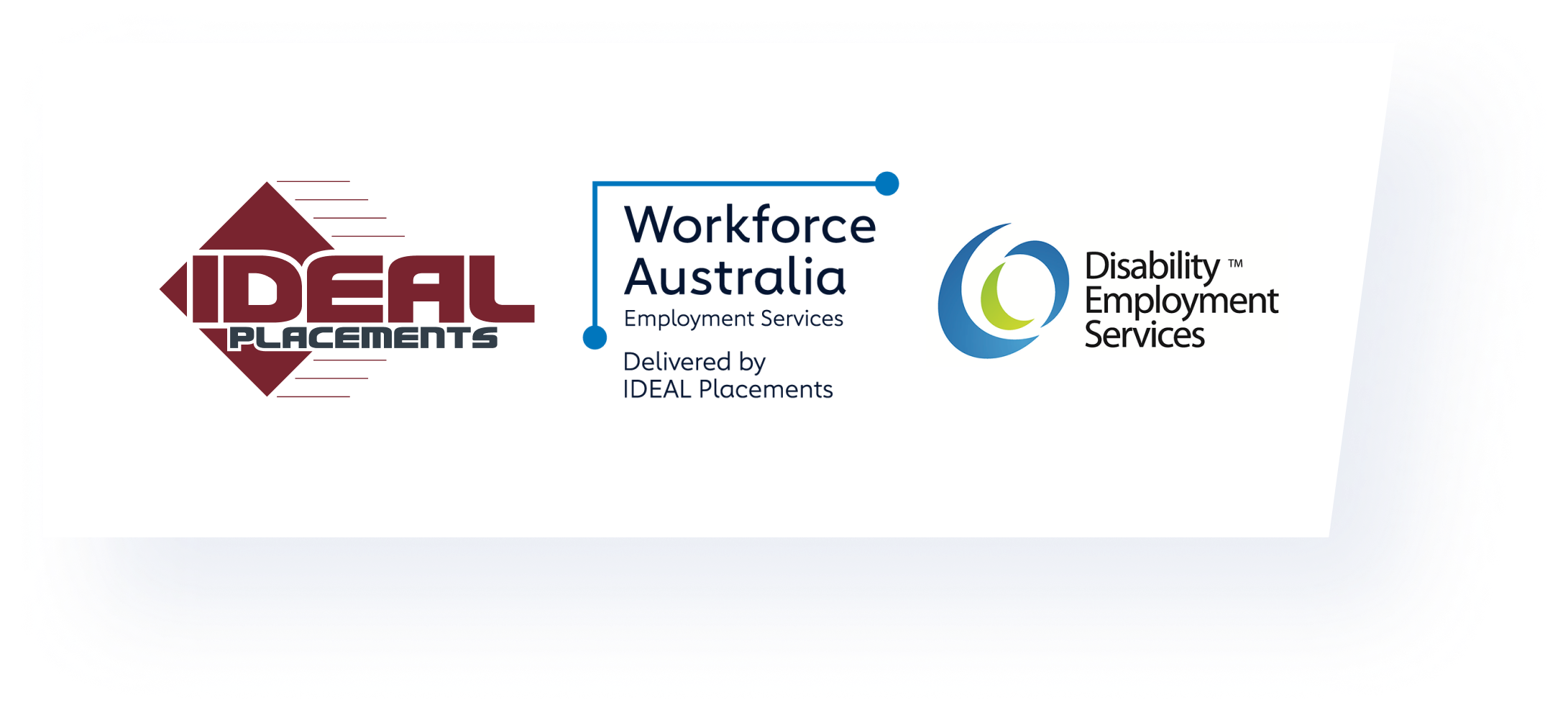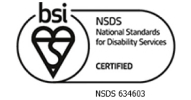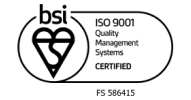Privacy Policy
Purpose
This policy outlines the rights and responsibilities of employees and any individuals receiving services from IDEAL Placements.
Scope
This Policy and Procedure apply to IDEAL Placements as a whole. The Policy and Procedure are to be read in conjunction with our Records and Information Management Policy and Procedure.
Policy statement
IDEAL Placements protects and upholds the privacy and confidentiality of participants and staff. To protect and uphold privacy we:
- Have processes in place to ensure no personal or sensitive information is collected, stored, used or shared with anyone, purposefully or by omission, unless the participant provides informed consent or where we are required by law to do so.
- Only collect the information required to deliver services.
- Only collect the information required for employee’s employment.
- Store all data securely as per legislation.
To maintain confidentiality, we:
- Uphold all legal and ethical obligations concerning handling personal and sensitive information including the Australian Privacy Principles and The Privacy Act 1988, National Principles for Child Safe Organisations, Australian Cybersecurity Centre Essential Eight Cybersecurity Strategies, Right Fit for Risk Personal and Physical Core Expectations, Department of Education and Workplace Relations DEED, Department of Social Services Grant Agreement, National Standards for Disabilities.
- Provide information to participants and staff about their rights regarding confidentiality and the processes used to protect these rights, and where any limits to confidentiality exist.
- Avoid inappropriate verbal and written disclosure of information about participants and staff within and outside of the organisation.
- Only share verbal and written information about a participant with agencies and individuals external to IDEAL Placements with the written consent of the participant, unless the circumstances are such that limits to confidentiality apply.
- Take all reasonable steps to protect all information held (including personal and protected information) from misuse, loss, unauthorised access, modification, or disclosure.
Definitions
Confidentiality
The term confidentiality means preserving authorised restrictions on access and disclosure, including means for protecting personal privacy and protected information.
Personal Information
Information or an opinion about an identified individual.
Personal Information can include an individual’s:
- Name and signature
- Date and place of birth
- Address
- Telephone number
- Financial/banking details
- Employment details
- Medical records
- Commentary or opinion about a person
- Uniquely identifying number – e.g. driver license number, tax file number, employee number
- Details of services requested or obtained
- Photograph where the person’s identity is clear or can reasonably be worked out from the image.
Personal information may reveal a person’s identity even if their name is not mentioned.
This kind of information may be shared verbally, contained in physical or digital files or documents, such as resumes or application forms provided by the individual, or in an email or text message.
https://www.csyw.qld.gov.au/resources/dcsyw/about-us/right-to-information/privacy-guide.pdf
Sensitive Information
Subset of personal information and includes information that relates to an individual’s:
- Race or ethnic origin
- Health status
- Genetic and biometric profile (such as fingerprint)
- Religious or philosophical beliefs
- Political opinions or associations
- Sexual orientation
- Criminal record
When handling personal information, it is extremely important to assess whether the information is also sensitive information as there are higher standards and additional requirements for collecting, using and disclosing sensitive information.
Inappropriate handling of sensitive information can result in a requirement to pay compensation or to enter into an enforceable undertaking.
Privacy
Privacy is the right to freedom from interference or intrusion including physical privacy, that is, having a private space for oneself, to speak about service or other issues. Information privacy is the right to have control over how your personal information is collected and used.
Principles
The principles supporting high-quality confidentiality practices at IDEAL Placements are:
- Confidentiality – confidentiality practices are applied consistently across the organisation and are accessible for participants.
- Privacy – only information necessary for the delivery of high-quality services is collected and stored by IDEAL Placements.
- Dignity – IDEAL Placements respects and protects participants dignity and right to privacy.
- Consent – information is only collected, stored, and shared with consent or where required by law.
- Experienced – the team is appropriately skilled and qualified to oversee and manage our organisation’s Privacy and Confidentiality Policy.
Complaints
If anyone believes IDEAL Placements may have breached privacy rights, they can contact us using the contact details on IDEAL Placements website – https://idealplacements.com.au/contact-us/ or via lodging a Feedback, Compliment and Complaints Form IPA3.
Management will respond to complaints or requests promptly if contact details are provided. IDEAL Placements are committed to a fair resolution and will ensure all complaints are taken seriously. People will not be victimised or suffer negative treatment if they make a complaint. If contact details or insufficient detail is not provided, it is difficult to properly investigate or respond to complaints. Anonymous complaints are acceptable, however it may not be possible to provide a response.
Roles, responsibilities, and delegations
Management Responsibilities
Management is responsible for ensuring that employees are aware of this policy, and related procedures and providing the necessary support.
Employees Responsibilities
All staff must:
- Adhere to this policy and related procedures and inform participants about relevant privacy and confidentiality procedures.
- Undertake and complete all privacy and confidentiality training as required, including Learning Centre Modules and internal training.







